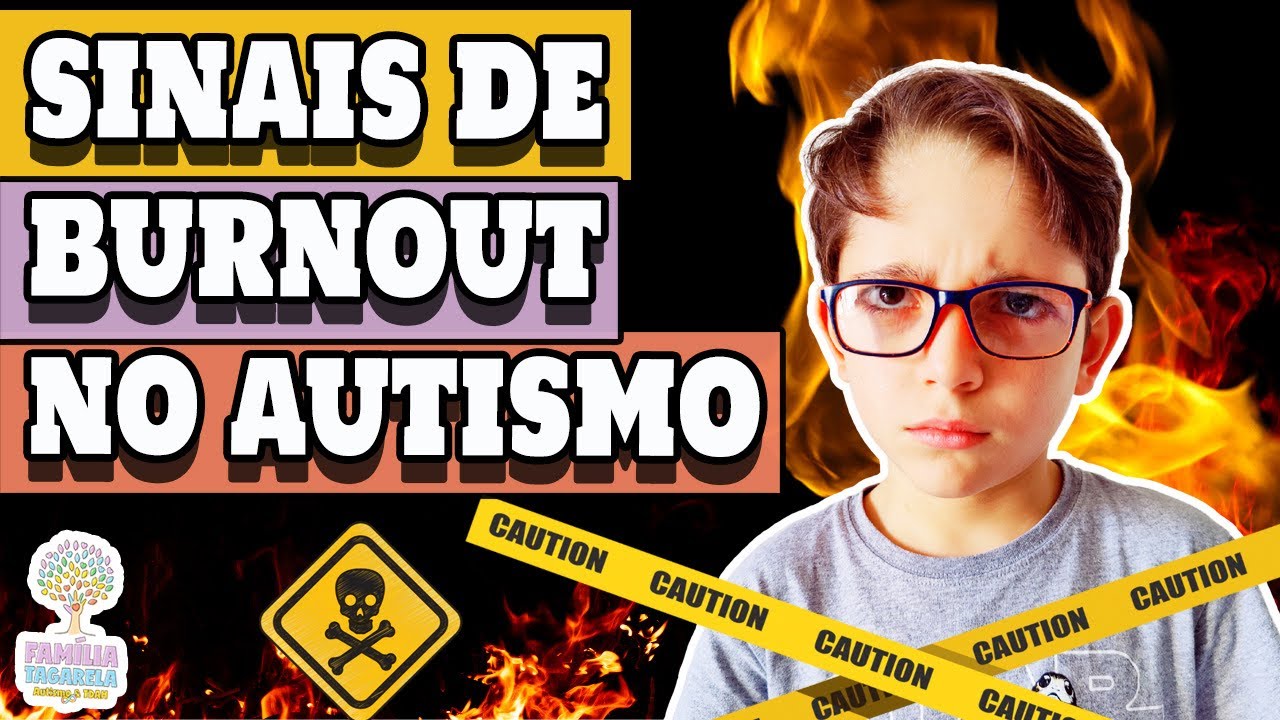Girls With Autism | My Signs and Traits
Summary
TLDRIn this heartfelt video, the speaker shares their experience growing up with autism, recounting the challenges of bullying, social masking, and struggling to fit in. They describe the emotional toll of suppressing stims and tics at school and how even at home, a lack of understanding from a family member led to further hardship. Despite these struggles, the speaker highlights moments of self-discovery and the hope of building a supportive community. Future videos will explore their teenage years and deeper personal struggles, aiming to help others resonate and find solace in their journey.
Takeaways
- 😀 The speaker shares their personal journey with autism, focusing on childhood and middle school experiences.
- 😀 They discuss the difficulty of fitting in socially, feeling like an alien in a world they didn't belong in.
- 😀 Masking autistic traits was a key coping strategy, including turning their head or body to hide stims when interacting with others.
- 😀 At home, the speaker had to suppress stimming, and their home environment was not a safe space due to bullying from a household member.
- 😀 The person living in their household lacked understanding of autism and viewed the speaker's stimming as unnecessary and annoying.
- 😀 The speaker emphasizes the importance of stimming for self-regulation and mental well-being, which others didn't understand.
- 😀 They recall how their internal dialogue and self-regulation were far more complex than their peers, contributing to feelings of isolation.
- 😀 Despite facing bullying and misunderstanding, the speaker found solace in being able to release stims in private at home.
- 😀 The speaker hints at deeper trauma from their teenage years, but chooses not to go into specifics yet, suggesting future content on this topic.
- 😀 They express gratitude for the support of their growing community and encourage new viewers to subscribe and join the conversation.
Q & A
What was Alexis’ experience growing up with autism, and how did it affect her social life?
-Alexis describes feeling like an outsider growing up, as she was unable to fit into social norms or understand the unspoken rules of interaction. Her struggle to regulate herself and her sensory sensitivities made it difficult to connect with others, leading to feelings of isolation and confusion.
How did Alexis describe her early symptoms of autism?
-Alexis had an advanced vocabulary at a very young age, but her sensory sensitivities, need for routine, and stimming behaviors were also early signs of autism. She also mentioned a strong interest in animals and an ability to remember things with great detail, which are often traits associated with autism.
What is masking, and how did Alexis cope with it during her school years?
-Masking refers to the process of hiding or suppressing natural behaviors to fit into social situations. Alexis learned to mask her autistic traits by turning away from people when she felt a tic or stim coming on. This often involved hiding physical behaviors like head movements or hand gestures to avoid drawing attention.
How did Alexis’ experiences with bullying affect her during middle school?
-Bullying intensified Alexis’ sense of difference. She was bullied for behaviors she couldn’t control, which led her to suppress her stims even more. This reinforced her feelings of being an outsider and made it harder for her to navigate social situations, especially since she lacked the vocabulary to describe what she was experiencing.
How did Alexis’ home life impact her experience of being autistic?
-At home, Alexis faced additional challenges when a family member would tell her to stop stimming, calling it unnecessary and annoying. This individual was unaware of her autism, and their reactions made it difficult for Alexis to find comfort in the one place she hoped to feel safe, intensifying her struggles with self-regulation.
What role did her mother play in Alexis' childhood experiences of autism?
-While Alexis acknowledges that her mother was not the one who bullied her at home, she also recognizes that her mother may not have fully understood what Alexis was going through. This lack of understanding made it harder for Alexis to receive the emotional support and validation she needed.
What does Alexis mean when she refers to her ‘safe haven’ at home, and why was it compromised?
-Alexis describes her home as a place where she should have been able to relax and express herself freely, including stimming. However, the bullying behavior from a family member prevented her from fully relaxing and feeling accepted, leaving her unable to be herself in the one place she considered safe.
Why does Alexis emphasize the lack of research on autism in girls, especially those of color?
-Alexis highlights that autism in females is often overlooked or misdiagnosed because diagnostic criteria were historically based on male presentations of the condition. Additionally, there is limited research on how autism manifests in females, particularly those from underrepresented racial and ethnic backgrounds, which makes it harder to recognize and properly support them.
How did Alexis feel when she was diagnosed with autism at the age of 22?
-Alexis experienced mixed emotions upon being diagnosed—shock, relief, and a sense of loss. She felt relieved to finally understand her challenges, but also saddened that it took so long to get the right diagnosis, which meant she had missed out on years of support and understanding.
What key message does Alexis hope to convey through her story?
-Alexis hopes to raise awareness about the importance of understanding and diagnosing autism, particularly in females and people of color. She wants others to know that being different is not only acceptable but should be celebrated, and that early recognition and support can make a significant difference in a person's life.
Outlines

Cette section est réservée aux utilisateurs payants. Améliorez votre compte pour accéder à cette section.
Améliorer maintenantMindmap

Cette section est réservée aux utilisateurs payants. Améliorez votre compte pour accéder à cette section.
Améliorer maintenantKeywords

Cette section est réservée aux utilisateurs payants. Améliorez votre compte pour accéder à cette section.
Améliorer maintenantHighlights

Cette section est réservée aux utilisateurs payants. Améliorez votre compte pour accéder à cette section.
Améliorer maintenantTranscripts

Cette section est réservée aux utilisateurs payants. Améliorez votre compte pour accéder à cette section.
Améliorer maintenantVoir Plus de Vidéos Connexes
5.0 / 5 (0 votes)






